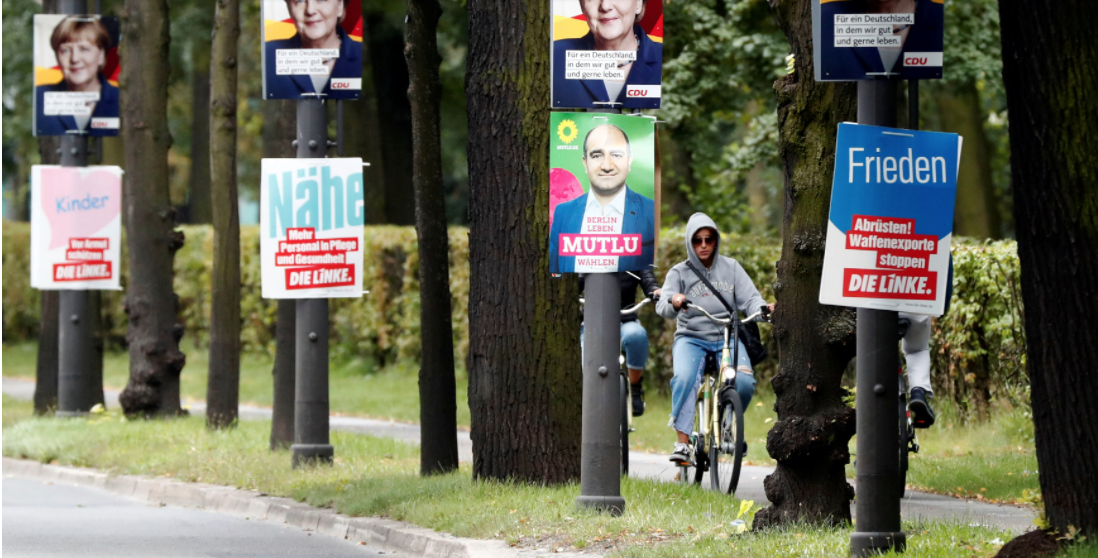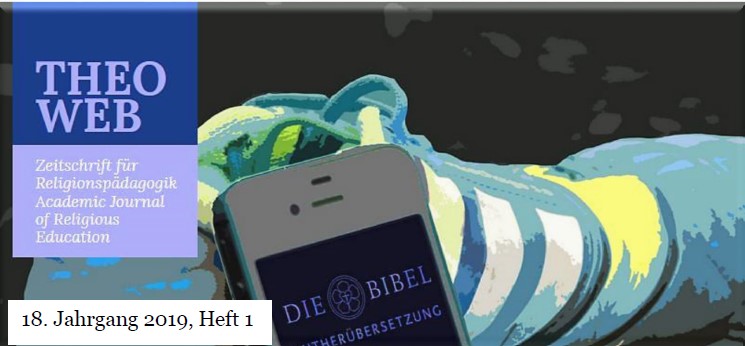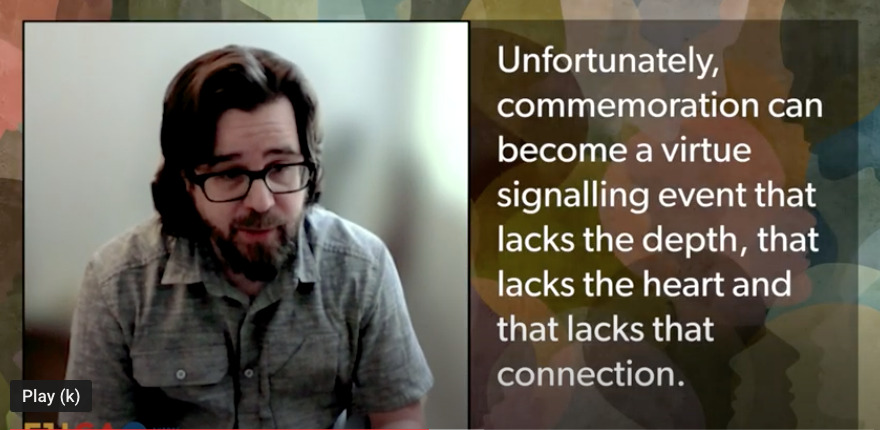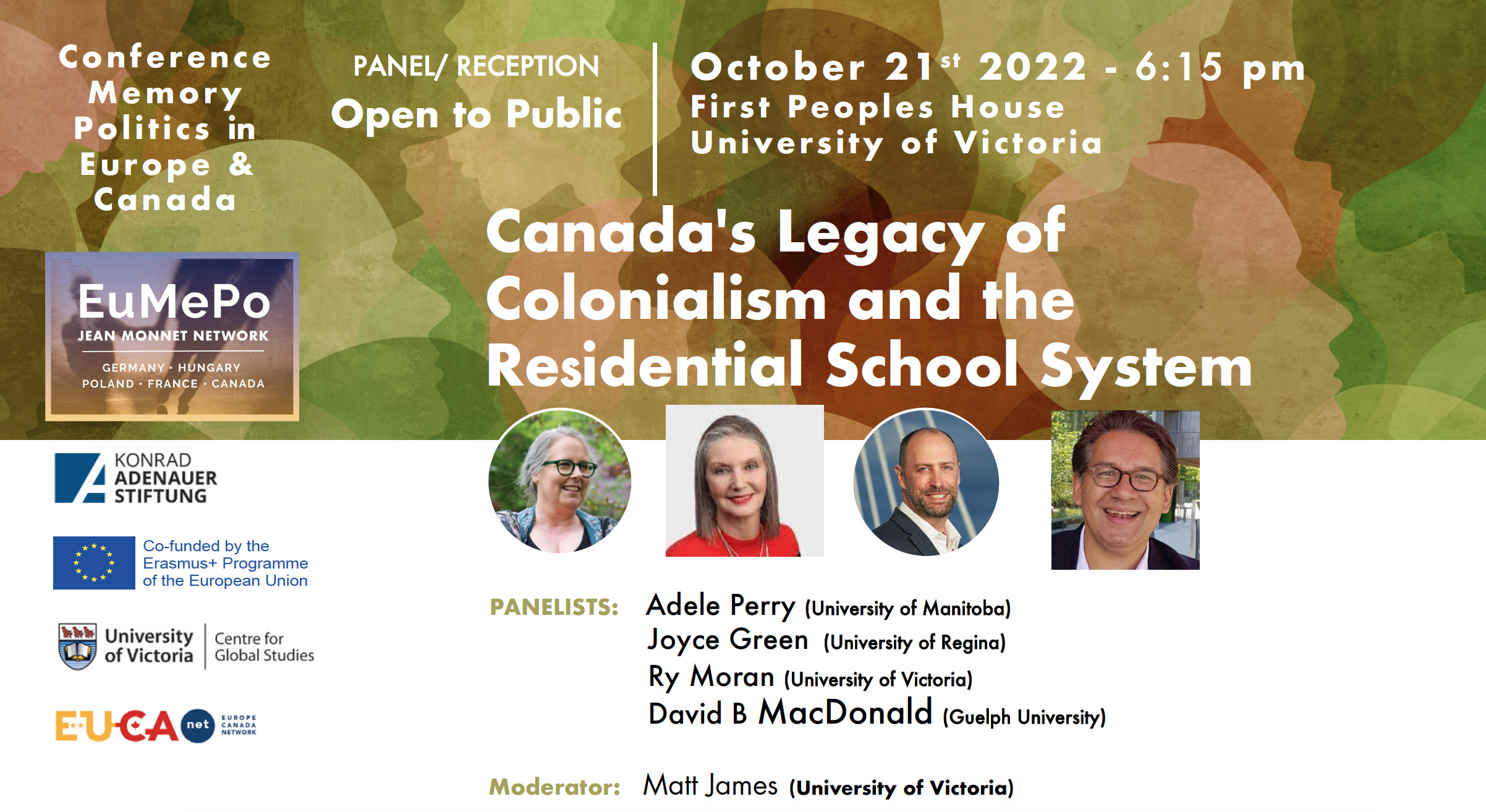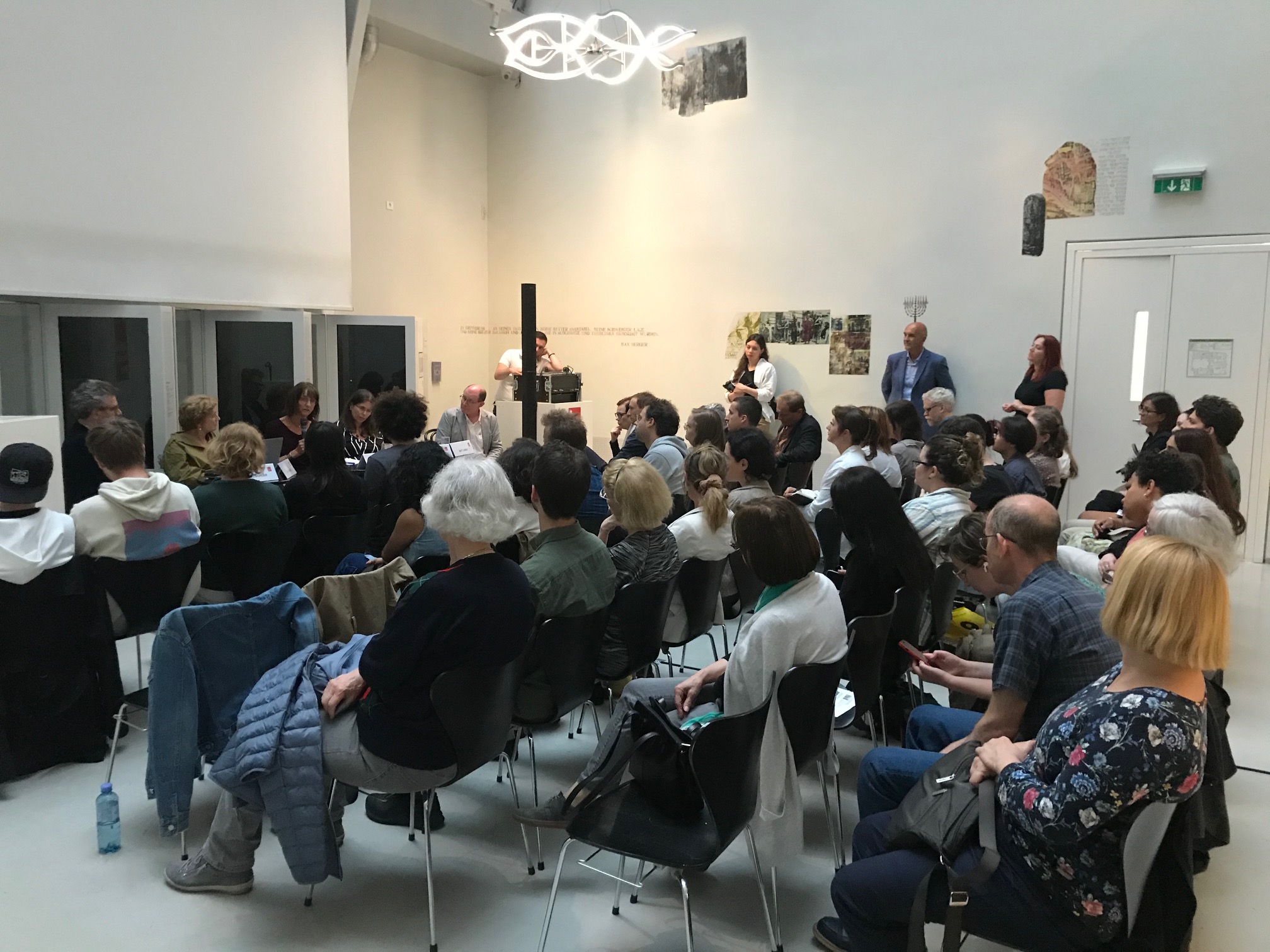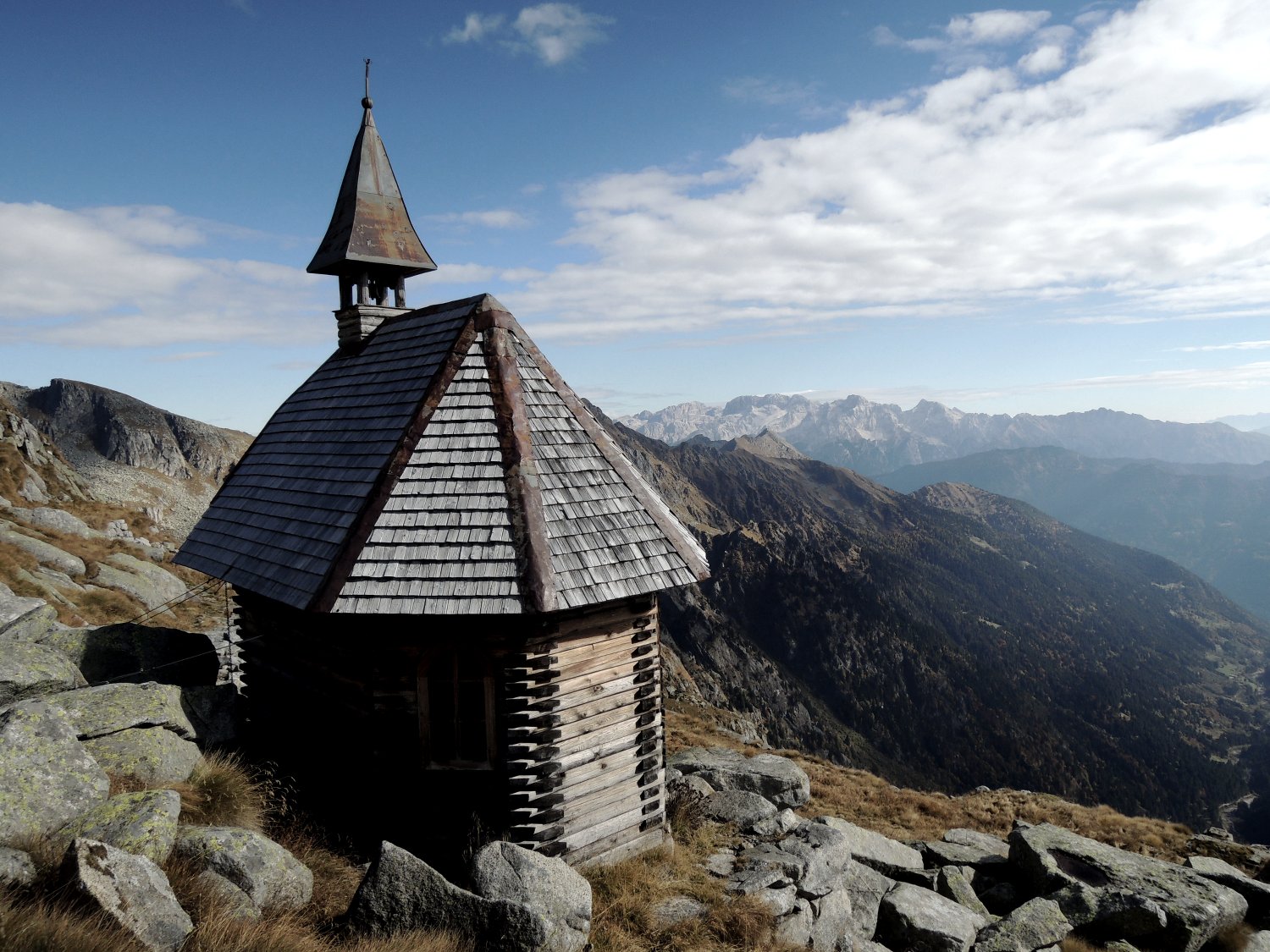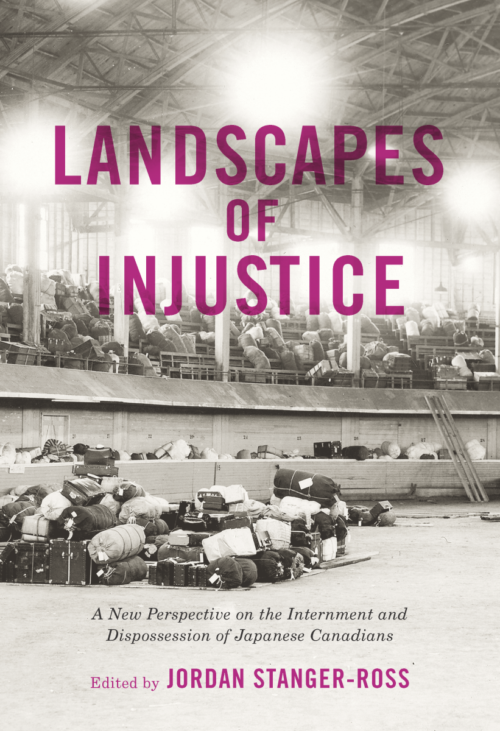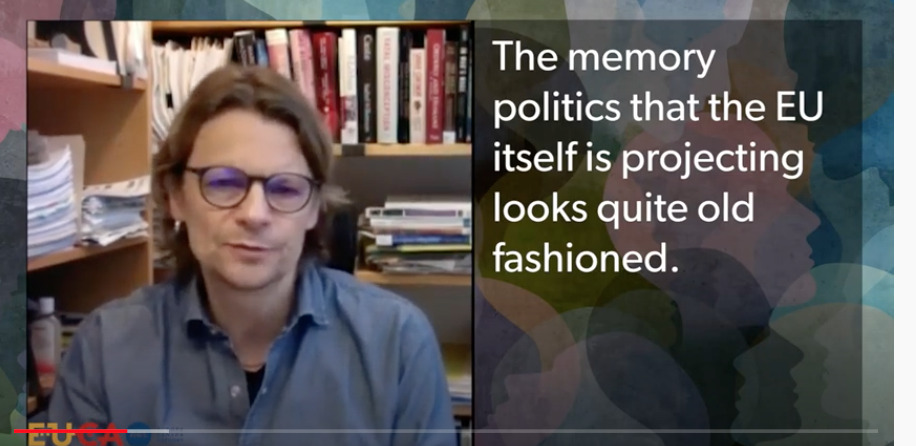Interview with Bernd Scherer – Past Injustices, Current Realities
Dr. Bernd Scherer is an author and philosopher, and since 2006 he has served as director of the House of World Cultures in Berlin, Germany. His curatorial approach consists in the interweaving of art, science, politics and technology, and the examination of transformation processes in contemporary societies and postcolonial structures.
In this interview, Scherer emphasizes the importance of understanding Germany’s colonial past alongside its history of the Holocaust. These two subjects have played an increasing role in the political arena recently, especially since the far-right Alternative für Deutschland (AfD) party have entered the German parliament. Specifically, the far-right mandate of trying to “re-nationalize Europe” includes trying to provide counter-narratives to challenge the long-standing commemorative narrative.
He spends time unpacking the role of memorials. Former concentration camps, as one example, “can be used as the location of memory.” But more ubiquitous memorials, such as the German Stolpersteine (stumbling blocks), serve a particularly critical function, relating past events to individuals through the space they live in. Finally, he notes how art and education, properly conceived, should “reanimate memory, not conserve it.”
This interview is part of the www.MemoryPolitics.ca activities: the project “European and North American Perspectives on Commemorating and Addressing Past Injustices” is co-funded by the Konrad Adenauer Foundation Ottawa and the Jean Monnet Network “European Memory Politics” is co-funded by the Erasmus+ Programme of the European Union. The European Union support for the production of publications does not constitute an endorsement of the contents, which reflect the views only of the authors and cannot be held responsible for any use which may be made of the information contained therein.
